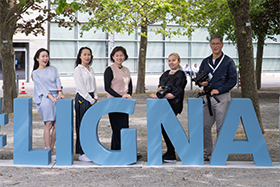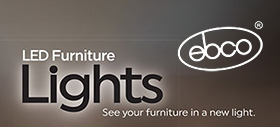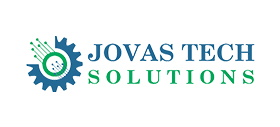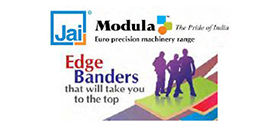Wood cellulose as air cleaning material?

The adsorbing materials have several times higher capacity than the industry standard for gas pollutant removal.
A long-pending challenge around clean air is gaseous pollutants such as volatile organic compounds. These VOCs are emitted from the objects themselves and results in accelerated deterioration.
Researchers at Adsorbi, a research-based company in Chalmers University (in Gothenburg, Sweden), have now created a super-material using cellulose-based adsorbents with high capacity and low environmental impact.
The adsorbing materials have several times higher capacity than the industry standard for gas pollutant removal, resulting in several times longer lifetime of air purification products. These are suitable for many types of industries.
Many ailments, such as asthma, heart disease and lung cancers, can be caused by bad air quality. As people in industrialised nations spend up to 80–90% of their time indoors, maintaining air quality is crucial to keeping people’s health intact.
Adsorbi recently raised €1 million in funding from Metsä Spring, Chalmers Ventures, Jovitech Invest, and a grant from Sweden’s Innovation Agency for its cellulose-based air purification material.
The capital will be used to construct and operate a pilot plant in Gothenburg, develop new products, and grow its customer base. Despite being a 3-year-old company, Adsorbi already has a growing customer base and industry collaborations.
In October 2024, the European Union (EU) approved the new Ambient Air Quality Directive. The directive prioritises public health by introducing stricter air quality standards for key pollutants, including particulate matter (PM10 and PM2.5), nitrogen dioxide, and sulphur dioxide – all known to cause respiratory issues.
The new limits, to be achieved by 2030, bring EU standards closer to the WHO air quality guidelines, pushing businesses into a race to find new air filtering solutions.
Adsorbi’s material is derived from Nordic tree cellulose and recycled paper fibre. It changes colour to indicate when it needs to be replaced. Adsorbi is also a more energy-efficient alternative, generating around 50% lower CO2 emissions compared to activated carbon, which has an emission factor of 7.5 kg CO2 per kg.
For more information, visit info@adsorbi.com.
Comments

- European symposium highlights formaldehyde emission limits
- Egger adopts holistic approach to waste management
- Weber machines dovetail into best practices
- Hymmen’s smart2i facilitates digitally mapping production
- Understanding paper impregnation
- Rising from the ashes
- Canada’s Western hemlock adorns Indore’s municipal hub
- Hans Weber sets up demo centre in Bengaluru
- More power to woodworkers!
- imos: enhancing furniture sales, production with AI
- Ligna all set to strike gold this May
- ‘For customers, our lab is an open book’
- Anticipation for smart components at Interzum 2025
- Furtech 2025 beckons Indian furniture industry
- HIFF 2025 invites woodworking professionals in September
- CIFF 2025 reimagines global furniture innovation
- Decora makes a mark at Dubai Wood Show
- Understanding PUR glue in membrane press operations
- Machining compact laminates needs precision, durability
- Biesse Customer Care: innovations in support
- Aryamman ushers Staynu tech for furnishings
- Hafele’s RE-Twist raises bar on security
- AWM makes lock, hinge slots easy work
- Biesse’s Akron ensures edge banding excellence
- Hettich sliding systems for precision functions
- Jai’s top-of-the-line wood and panel processing machines
- Schmalz shows benefits of automated handling
- Richwood’s Calibrated Filler is a gamechanger
- Coohom gives wood interiors AR edge
- Taiwan’s Woodworking Machinery Industry Captivates Global Media on Opening Day of LIGNA 2025
- A circular future for fibreboard waste
- ‘Zero ThinPly’ has solid green credentials
- Wood cellulose as air cleaning material?
- Coming of age of sustainability





































